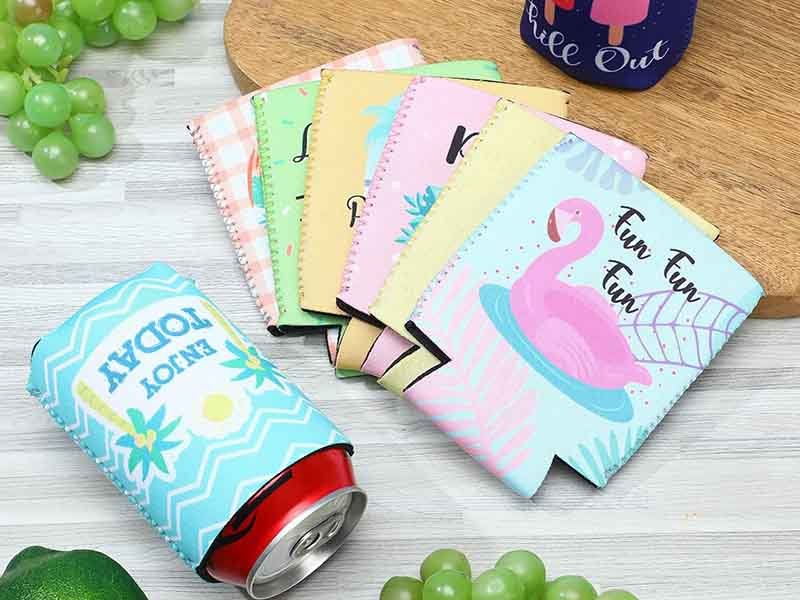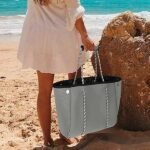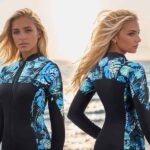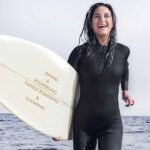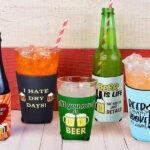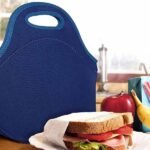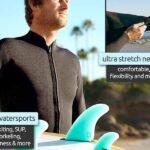If you’ve ever grabbed a cold drink and wished it stayed chilly longer (without soaking your hand), you already know why koozies exist. What most buyers don’t realize is just how many types of koozies there are—and how much the material, size, and construction matter to insulation, print quality, and brand impact. Whether you’re sourcing for a craft brewery, sports event, corporate swag, or your own e-commerce line, choosing the right type unlocks better customer experience and fewer returns.
The main koozie types include standard 12 oz can, slim/skinny can, tallboy 16–19.2 oz, longneck bottle (zip-up), stubby bottle, pint glass sleeves, coffee cup sleeves, wine/Champagne sleeves, 4-in-1 universal, vacuum-insulated hard-shell can coolers, magnetic koozies, slap-wrap koozies, and handle/carabiner styles. Pair each with the right material—most commonly neoprene for premium fit and print or foam for budget promos—to match your use case, branding goals, and budget.
Here’s the twist: not all koozies are equal. A slim-can sleeve that looks perfect on Instagram may sag on a standard 12 oz can. A budget foam giveaway might wrinkle the print by month three, while a 4-in-1 universal wins five-star reviews because it covers cans and bottles. Stick with me: below you’ll find a crisp, type-by-type breakdown, practical size charts, and material comparisons—plus how Szoneier helps you dial in custom art, low MOQs, and fast sampling.
What Types Of Koozies Are There?
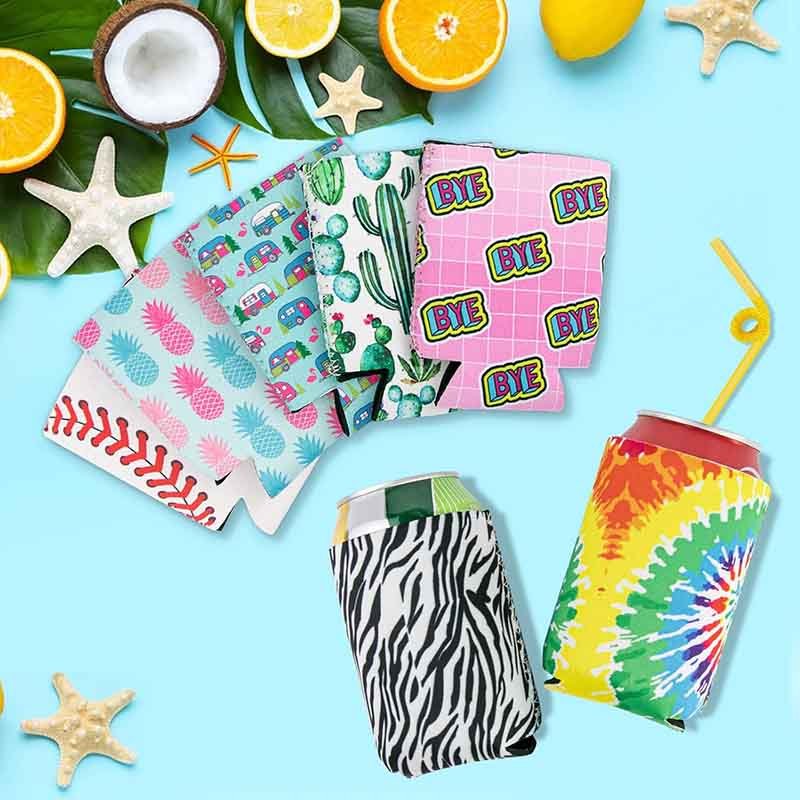
Koozies come in formats for cans, bottles, cups, and wine, plus multi-format and specialty designs. Core types: standard 12 oz can, slim can, tallboy can, longneck bottle (zipper), stubby bottle, pint sleeve, coffee sleeve, wine/Champagne sleeve, 4-in-1 universal, vacuum-insulated hard-shell, magnetic, slap-wrap, and handle/carabiner. Your best choice depends on container shape, portability, insulation needs, and branding real estate.
Choosing by type is the fastest way to avoid fit complaints and boost brand love. Below is a concise matrix that maps common types to uses, portability, and branding notes.
Table 1 — Core Koozie Types & Use Cases
| Type | Typical Use | Form Factor | Portability | Branding Notes |
|---|---|---|---|---|
| Standard 12 oz Can | Soda/beer (≈66 mm Ø) | Collapsible sleeve | ★★★★☆ | Full wrap; watch seam |
| Slim Can | Seltzer/energy (≈58–60 mm Ø) | Tall, narrow sleeve | ★★★★☆ | Vertical art pops |
| Tallboy 16–19.2 oz | Craft/tall cans | Taller sleeve; add bottom disk for structure | ★★★☆☆ | Use two-panel vertical layout |
| Longneck Bottle (Zip-Up) | 12 oz bottles | Zippered with tapered neck | ★★★☆☆ | Front “chest” + back print |
| Stubby/Short Bottle | Short bottles/sauces | Short sleeve | ★★★★☆ | Wide front logo area |
| Pint Glass Sleeve | Bars/events | Slight flare at rim | ★★★☆☆ | Full wrap + hem detail |
| Coffee Cup Sleeve | 12–20 oz paper cups | Reusable, anti-scald | ★★★★★ | Center logo; Pantone match |
| Wine/Champagne Sleeve | 750 ml / 1.5 L | Drawstring/zip; 3–5 mm | ★★★☆☆ | Giftable; vertical logo |
| 4-In-1 Universal | Cans + bottles | Adapter ring/gasket | ★★★☆☆ | Multiple faces to brand |
| Vacuum-Insulated Cooler | Premium gifting | Rigid stainless shell | ★★☆☆☆ | Laser engrave or spot print |
| Magnetic Koozie | BBQ/worksites | Magnets embedded | ★★★★☆ | Add safety/compliance icons |
| Slap-Wrap | Festivals/novelty | Slap band core | ★★★★★ | Long horizontal artwork |
| Handle/Carabiner | Hiking/outdoors | Sewn handle/clip | ★★★★☆ | Add woven label on handle |
Decision Pointers:
- Event giveaways: collapsible neoprene/foam in standard or slim can formats; inexpensive to ship and easy to pack.
- Retail/merch lines: consider 4-in-1 or vacuum-insulated for higher AOV and reviews.
- Beverage brands: stock standard + slim to cover most SKUs; add longneck for bottle-heavy markets.
- Wine/gifting: thicker neoprene (3–5 mm) with drawstring or zipper, gift packaging, and a vertical artwork layout.
Which Materials Are Best For Koozies?
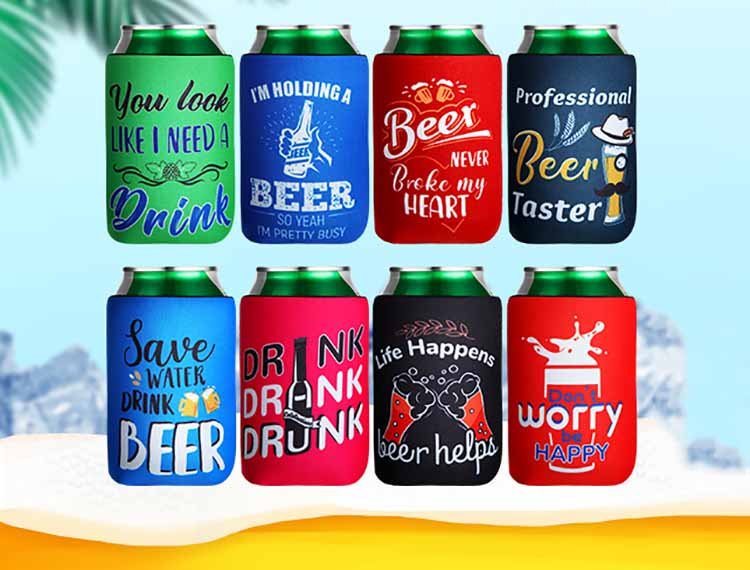
Neoprene is the premium choice for fit, durability, and vivid printing; foam is the budget pick for mass giveaways. Silicone works for washable coffee sleeves, stainless (vacuum) is best for long-duration cooling and gifting, while leather/PU offers boutique aesthetics. Match material to insulation needs, branding method, washability, and price.
Material selection drives feel, print quality, lifespan, and cost of ownership. Here’s a practical, evidence-based overview.
Table 2 — Material Comparison At A Glance
| Material | Insulation & Fit | Durability | Print Methods | Washability | Typical Use | Relative Cost* |
|---|---|---|---|---|---|---|
| Neoprene (3–5 mm) | Snug stretch; resists sag | ★★★★☆ (tear/abrasion resistant) | Sublimation, screen, heat transfer, embroidery, woven label | Hand/machine gentle | Premium can/bottle, wine sleeves | $$ |
| Foam (EVA/PU) | Decent insulation; less stretch | ★★☆☆☆ (edges compress) | Screen (1–3 colors), heat transfer | Hand wash | Budget promos, bulk | $ |
| Silicone | Not insulating; great grip | ★★★★☆ | Deboss, single-color print | Dishwasher-safe (cups) | Coffee sleeves | $$ |
| Stainless (Vacuum) | Excellent retention | ★★★★★ | Laser engraving, spot print | Wipe | Premium gifts/retail | $$$$ |
| Leather/PU | Aesthetic; minimal insulation | ★★★☆☆ | Deboss, foil stamp | Wipe only | Boutique merch | $$$ |
- Relative Cost: $ (lowest) to $$$$ (highest), varies by MOQ and finishing.
Why Neoprene Often Wins:
- Dimensional stability and stretch create a tailored fit across small diameter variances (especially for slim cans).
- Print fidelity: deep, saturated color with sublimation; crisp linework with silk screen.
- Edge integrity: better resistance to cracking along seams after repeated collapses/washes than entry-level foams.
Where Foam Still Makes Sense:
- Mass giveaways where unit cost dominates.
- Low-color logos (1–2 spot colors) and simple event messaging.
- Short campaign lifecycles (one-off festivals, seasonal promos).
Specialty Picks:
- Silicone for reusable coffee sleeves (high wash cycles).
- Stainless for premium retail lines with long cold retention and giftable packaging.
- Leather/PU when tactile brand language matters more than pure insulation.
What Are The Sizes Of Koozie?
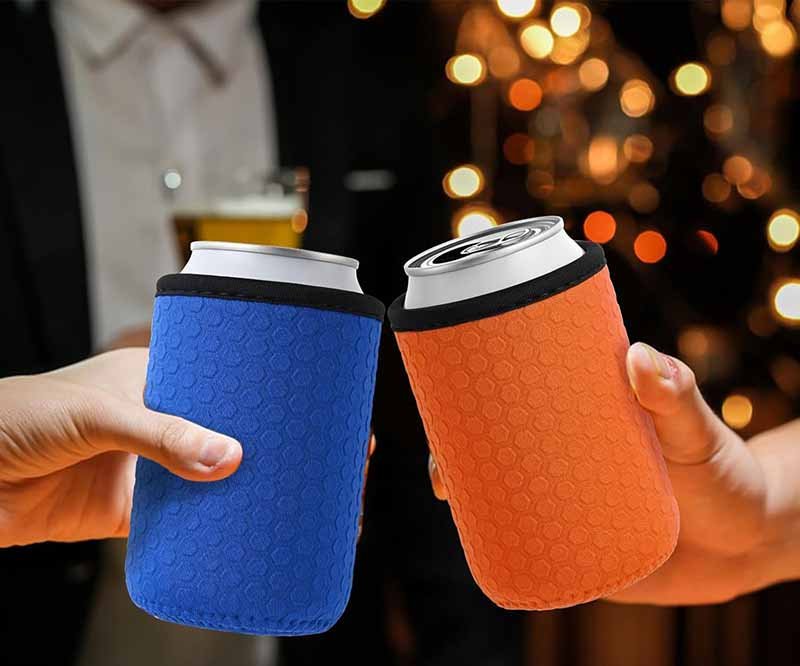
Match your koozie to container diameter and height. Common fits: 12 oz standard can (~66 mm Ø), 12 oz slim (~58–60 mm Ø), 16–19.2 oz tallboy (same Ø as standard, taller), longneck bottle (tapered neck), pint glass (16 oz), and 750 ml wine. For sleeves, neoprene stretch allows 2–3 mm tolerance. Confirm height specs; tall formats often need bottom disks for structure.
Sizing is where buyers most often trip up. A can is not just a can—diameter, height, and tolerances vary by region and brand. Use the chart below as a practical starting point and validate against your target containers.
Table 3 — Quick Fit Guide (Typical Ranges)
| Beverage Format | Typical Diameter | Typical Height | Koozie Flat Width (Cut) | Koozie Flat Height (Cut) | Notes |
|---|---|---|---|---|---|
| 12 oz Standard Can | ≈66 mm (2.60″) | ≈122 mm (4.8″) | 100–105 mm | 100–110 mm | 2–3 mm stretch margin |
| 12 oz Slim/“Skinny” Can | ≈58–60 mm (2.28–2.36″) | ≈160–170 mm (6.3–6.7″) | 95–100 mm | 120–130 mm | Taller profile; verify brand |
| 16 oz Tallboy Can | ≈66 mm | ≈165–190 mm (6.5–7.5″) | 100–105 mm | 130–150 mm | Consider bottom disk for stability |
| Longneck Bottle (12 oz) | Body ≈61–63 mm; tapered neck | ≈230 mm | 95–100 mm | 150–170 mm | Zip-up pattern; stretch helps |
| Stubby Bottle | ≈67–70 mm | ≈150–160 mm | 105–110 mm | 110–120 mm | Wide face for logo |
| Pint Glass (16 oz) | ≈84–89 mm top Ø | ≈150 mm | 115–125 mm | 120–130 mm | Flared pattern near rim |
| Coffee Cup (12–20 oz) | Varies by cup brand | — | 115–125 mm | 60–70 mm | Choose elastic vs fixed pattern |
| Wine/Champagne 750 ml | ≈75–90 mm | ≈300 mm | 120–130 mm | 300–350 mm (with neck) | 3–5 mm neoprene thickness |
Buyer Tips:
- Ask for a fit kit (sample set) if you sell across multiple can formats.
- For slim cans, tolerance is tighter: insist on neoprene stretch and height confirmation.
- Add a bottom disk on tall formats to maintain silhouette and stop “slip-through.”
How Do Koozies Keep Drinks Cold (And Hands Dry), And How Much Insulation Do You Really Need?
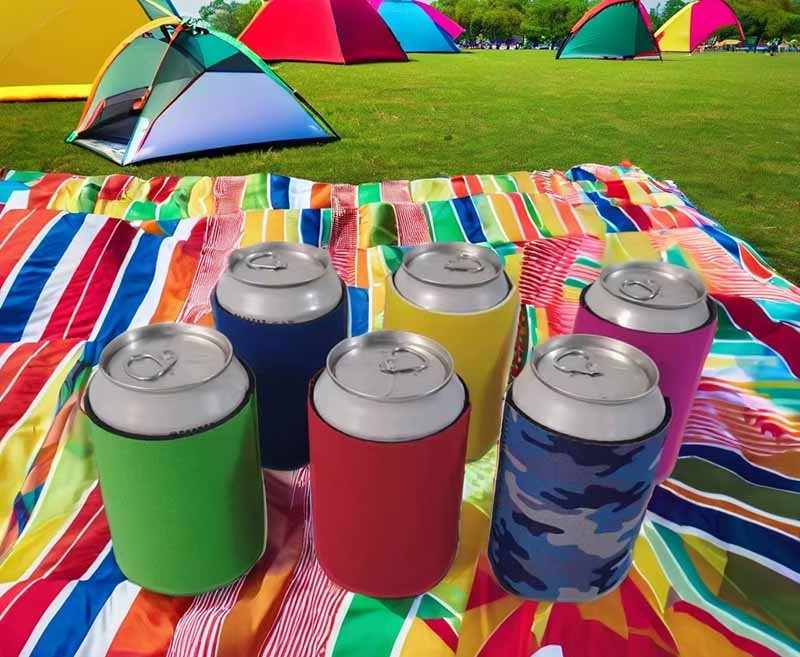
Koozies reduce heat transfer via insulation (limiting conduction/convection), evaporation control (less condensation), and hand heat shielding. For casual indoor use, standard neoprene or foam is enough. Outdoors/summer events or extended sessions benefit from thicker neoprene or vacuum-insulated shells.
A chilled can warms as heat moves from your hand and ambient air. A sleeve helps in three ways:
- Insulation slows heat flow from warm air to cold can (conduction/convection).
- Condensation control reduces evaporative warming on the can surface.
- Barrier prevents direct hand heat from transferring to the drink.
Thickness vs Performance (Practical View):
- 3 mm neoprene: balanced daily use; compact and foldable.
- 4–5 mm neoprene: better outdoor performance; slightly bulkier; ideal for premium merch.
- Vacuum-insulated stainless: best for long duration; rigid; higher price point and weight.
Environment Matters:
- Shade vs direct sun: direct sunlight accelerates warming and can drive condensation; use thicker sleeves or rigid coolers for beach/tailgate use.
- Humidity: higher humidity = more condensation = faster warmth without a sleeve.
- Handling: frequent hand contact warms the can faster; sleeves create a comfortable, dry grip.
Usability Trade-Offs:
- Thicker sleeves insulate better but can feel bulkier in pockets.
- Rigid vacuum shells keep drinks cooler longer but won’t fold—plan packaging and shipping accordingly.
- For events, the portability and cost of collapsible neoprene often outweigh the last few minutes of cold retention.
What Is The Difference Between Neoprene And Foam Koozies?
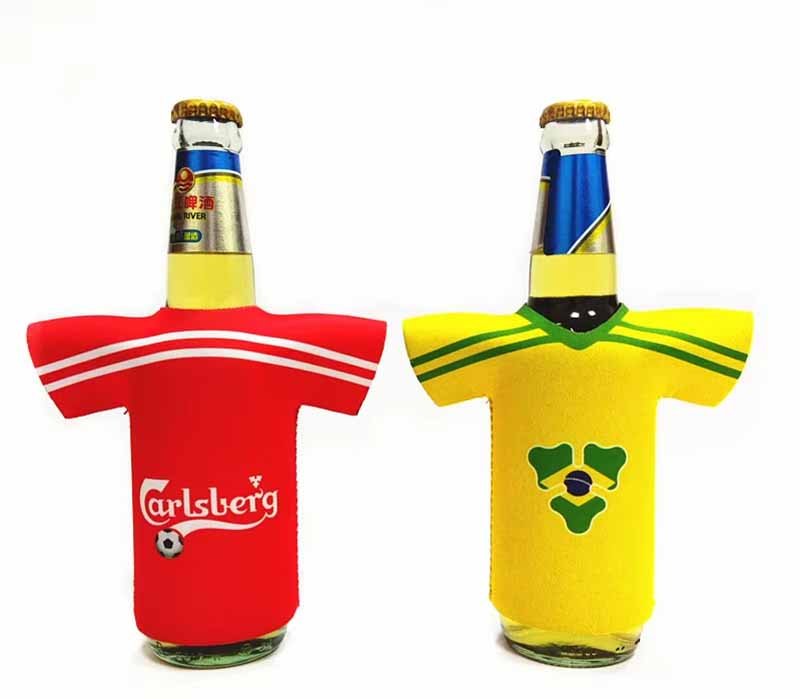
Neoprene offers superior fit, durability, and print quality, excelling for slim cans and premium branding. Foam is cheaper and fine for mass giveaways but compresses and wears faster. If you need long-term brand presentation and repeat use, choose neoprene; if ultra-low unit cost is the priority, foam works.
This is the most common buyer dilemma. Consider total cost of ownership (TCO), not just unit price.
Table 4 — Neoprene vs Foam: Detailed Comparison
| Factor | Neoprene | Foam (EVA/PU) |
|---|---|---|
| Fit & Feel | Snug stretch; conforms to can/bottle | Stiffer; can gape or feel loose over time |
| Insulation | Very good at 3–5 mm | Good initially; edges may compress |
| Durability | Resists tearing/edge cracking | Edges can crease; surface dents |
| Print Fidelity | Excellent for sublimation and multi-color screen | Best with spot-color screen; less crisp on curves |
| Washability | Gentle machine/hand wash | Hand wash recommended |
| Portability | Collapsible; holds shape after repeated use | Collapsible; may deform with storage |
| MOQ & Cost | Slightly higher unit cost; still low-MOQ with Szoneier | Lowest unit cost for mass events |
| Brand Perception | Premium, retail-ready | Budget, campaign-oriented |
Recommendation:
- Brand-forward programs (DTC shops, breweries, sports teams): Neoprene.
- High-volume give-aways (trade shows, festivals): Foam unless you need slim-can precision.
How Do You Customize Koozies For Events And Brands?
Pick the type (standard, slim, bottle, wine, etc.), then choose material (neoprene for premium, foam for budget). Provide vector artwork, confirm Pantone colors, and select printing (sublimation, screen, heat transfer, embroidery, woven labels). Decide on extras (zippers, magnets, handles). For timelines, plan fast sampling (Szoneier supports quick turns) and confirm packing/ship specs.
A smooth customization workflow reduces rework, protects margins, and delights end customers.
Step-By-Step Custom Flow (Szoneier OEM/ODM):
- Define Use Case & Type: event giveaway vs retail merch dictates format (collapsible vs rigid) and budget tier.
- Select Material: neoprene (3–5 mm) for color-rich designs; foam for one-off promos; stainless/leather for boutique tiers.
- Pick Printing Method:
- Sublimation (neoprene): photo-quality, edge-to-edge; best for complex gradients and full-bleed wraps.
- Silk Screen: crisp spot colors; cost-efficient for solid logos.
- Heat Transfer: great for small runs or intricate logos on dark bases.
- Embroidery / Woven Labels: tactile premium accents; pair with zipper pulls or handles.
- Color Management: state Pantone codes; request a strike-off or color proof.
- Artwork Prep: submit vector files (AI, PDF, EPS) with safety margins away from seams/zip lines; specify front/back/side placements.
- Construction Upgrades: bottom disks for tallboys; zipper with puller for longnecks; magnets/handles/carabiners for function.
- Packaging: belly bands, OPP bags, gift boxes; include barcodes for retail readiness.
- Quality & Compliance: discuss label requirements for your market (e.g., care labels, fiber content where applicable).
- Logistics: choose carton sizes to maximize container load; provide required ship-marks.
Pro Tips:
- For slim cans, ask for fit-tight patterns and test across at least two popular can brands.
- Use high-contrast designs; thin lines can fall into seam zones—keep critical art ≥5 mm from edges/zip.
- If your audience loves UGC, choose sublimation on neoprene—photo-ready color drives shares and repeat orders.
Are Koozies Washable And Compliant—And How Do You Care For Them?
Neoprene and foam koozies are generally hand washable; neoprene often tolerates gentle machine cycles. Silicone sleeves are typically dishwasher-safe. Wipe stainless shells and leather/PU. Air-dry completely to prevent odor/mildew. For exports/retail, follow local labeling and safety rules and keep invoices/spec sheets for audits.
Care guides reduce returns and extend brand exposure.
Care Best Practices By Material:
- Neoprene: hand wash or gentle machine cycle (cold), mild detergent, no bleach, air-dry flat. Avoid high heat; prolonged dryer cycles can stress seams.
- Foam: hand wash only; avoid wringing; air-dry.
- Silicone: dishwasher-safe (top rack); colorfast and resilient.
- Stainless (Vacuum): wipe clean; avoid soaking threaded rings/gaskets; keep gaskets dry after washing.
- Leather/PU: wipe with a damp cloth; avoid solvent cleaners.
Odor & Mildew Prevention:
- After beach or pool use, rinse and air-dry completely.
- Do not store damp koozies in sealed bags or cartons.
- For bulk storage, use desiccant packs and ventilated cartons.
Compliance & Labeling (General Guidance):
- Include care instructions and material description where required.
- If selling to certain markets (e.g., kids’ events), confirm applicable consumer product safety labeling.
- Keep a record of material specs and ink/print vendor declarations for brand audits.
What Types Of Koozies Are There?
To help you lock in decisions faster, here’s a condensed type-by-type recommendation set:
- Standard 12 oz Can (Collapsible Neoprene): The universal crowd-pleaser; low shipping cost; great for festivals and breweries.
- Slim Can (Neoprene): A must-have for seltzer/energy markets; extra print height; ensure snug pattern.
- Tallboy (Neoprene + Bottom Disk): For craft beer and stadiums; vertical art; add structure to avoid slump.
- Longneck Bottle (Zip-Up): Classic bar/catered event choice; zipper pull is a branding spot.
- Stubby Bottle: Broad front area; solid for sauce/condiment promos and regional beer formats.
- Pint Sleeve: Bar promos; flared cut keeps a clean rim; great for “tap takeover” nights.
- Coffee Sleeve (Neoprene or Silicone): Reusable, eco-minded option; ideal for café chains and office programs.
- Wine/Champagne Sleeve: Giftable; 3–5 mm neoprene; add drawstring and a hangtag.
- 4-In-1 Universal: Versatility converts to reviews; ideal for e-commerce bundles.
- Vacuum-Insulated Shell: Premium gifting and retail, higher price point, excellent retention.
- Magnetic: Practical for garages, BBQs, work events; add safety icons.
- Slap-Wrap: Fun, viral-friendly; perfect for music festivals and college promos.
- Handle/Carabiner: Outdoor markets; attach to pack straps; reinforce stitch points.
What Is The Difference Between Neoprene And Foam?
- Corporate Clients (longer shelf life): Neoprene protects brand image over months/years.
- Trade Show Handouts (10k+ units): Foam keeps budget in check; choose 1–2 color screen prints.
- Breweries With Mixed SKUs: Neoprene standard + slim; consider 4-in-1 for merch shelves.
- Outdoor Retailers: Neoprene 4–5 mm and vacuum-insulated; bundle as premium kits.
- DTC Gifting: Wine sleeves in 3–5 mm neoprene with vertical print and gift box.
Quick Reference: Printing & Finishing Options
Table 5 — Printing & Finishes
| Method | Works Best On | Look/Benefit | Notes |
|---|---|---|---|
| Sublimation | Neoprene (light base) | Photo-quality, full-bleed | Best for gradients, complex art |
| Silk Screen | Neoprene/Foam | Crisp spot colors | Cost-efficient at scale |
| Heat Transfer | Neoprene/Foam | Detailed small logos | Great for short runs |
| Embroidery | Neoprene (thicker) | Tactile premium effect | Pair with zipper pulls |
| Woven Label/Patch | Neoprene/Leather | Boutique look | Adds perceived value |
| Laser Engrave | Stainless | Permanent mark | Retail-grade finish |
| Foil/Deboss | Leather/PU | Luxury cues | Avoid high moisture use |
Buyer Checklist
- Choose type: standard, slim, tallboy, bottle, wine, 4-in-1, vacuum, etc.
- Pick material: neoprene (premium), foam (budget), silicone, stainless, leather/PU.
- Confirm sizes: diameter, height, and tolerances; request fit kit if needed.
- Select printing: sublimation, screen, heat transfer, embroidery, labels.
- Color management: Pantone codes; ask for a strike-off.
- Construction: bottom disk, zipper, magnets, handles, carabiners.
- Artwork: vector files; respect seam/zip safety zones.
- Packaging: retail barcodes, gift boxes, mailer-friendly folds.
- Compliance & care: include care tags; keep ink/material records.
- Logistics: lead time, carton specs, global shipping plan.
Why Work With Szoneier For Koozies?
Szoneier is a China-based neoprene R&D, manufacturing, and sales factory with 18+ years of experience. We produce neoprene bags, koozies, gloves, covers, wetsuits, and more—supporting custom, private label, OEM/ODM for both growing brands and premium retailers. Expect 100% quality assurance, free design, low MOQ, fast prototyping, free samples, and short lead times—backed by responsive communication and export-ready packaging.
What You Get:
- Type-perfect patterns (standard/slim/tallboy/bottle/wine/4-in-1).
- Material options (neoprene thickness choices, foam, silicone, stainless, leather/PU).
- Sublimation, silk screen, heat transfer, embroidery, woven labels, zipper pulls, magnets, handles.
- Fit kits, color proofs, and packaging options for retail or events.
- Global shipping with reliable timelines.
Ready To Build Your Custom Koozie Line?
Tell us your use case, container formats, artwork, and timeline, and we’ll propose the best type + material + print combination with a clear quote and lead time.
Szoneier — Neoprene Custom & Wholesale
Website: www.neoprene-bag.com
Email: manager@neoprene-bag.com
Phone/WhatsApp: +86 13423847456
Get a free design mockup and sample—let’s turn your ideas into products your customers will actually keep and use.

